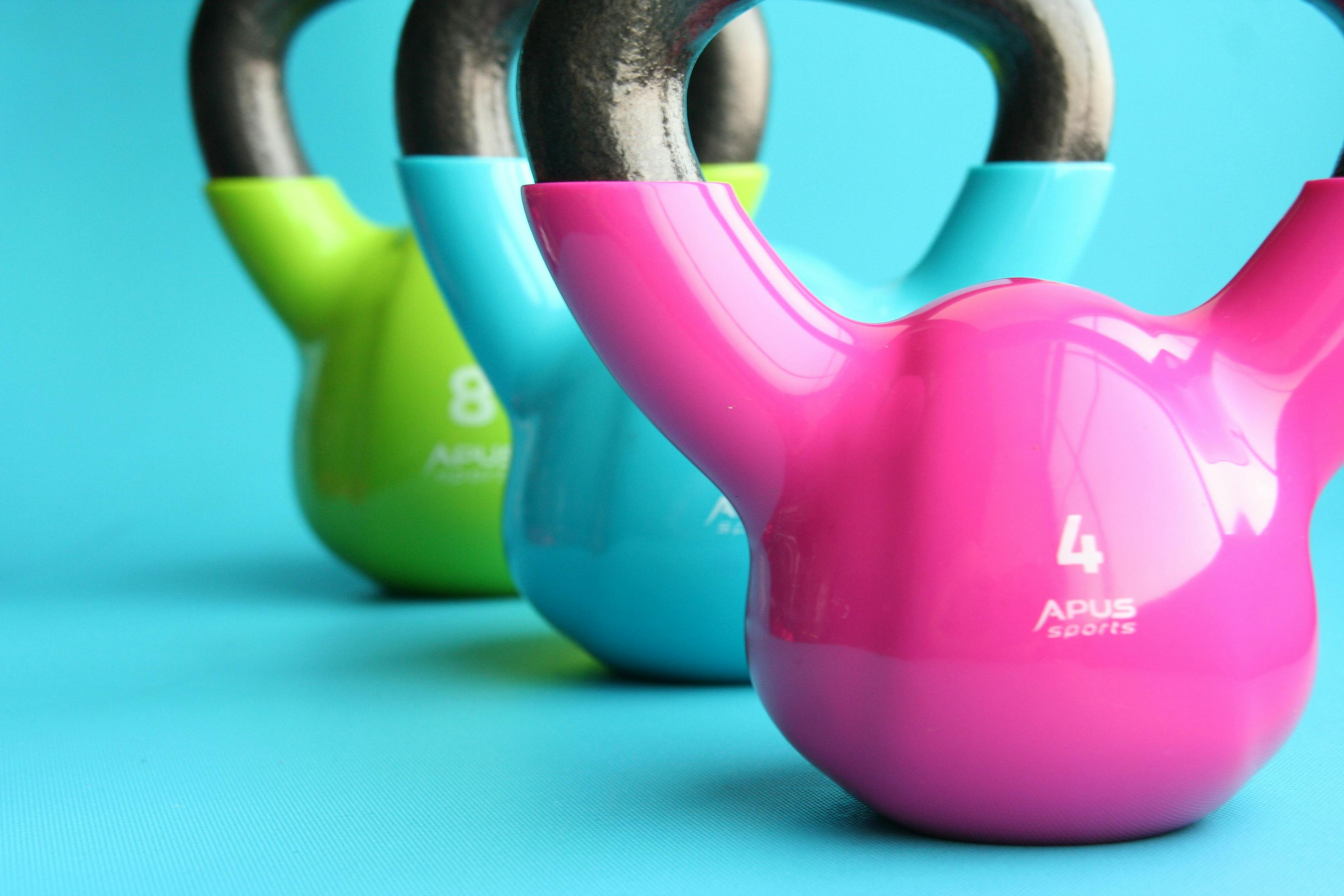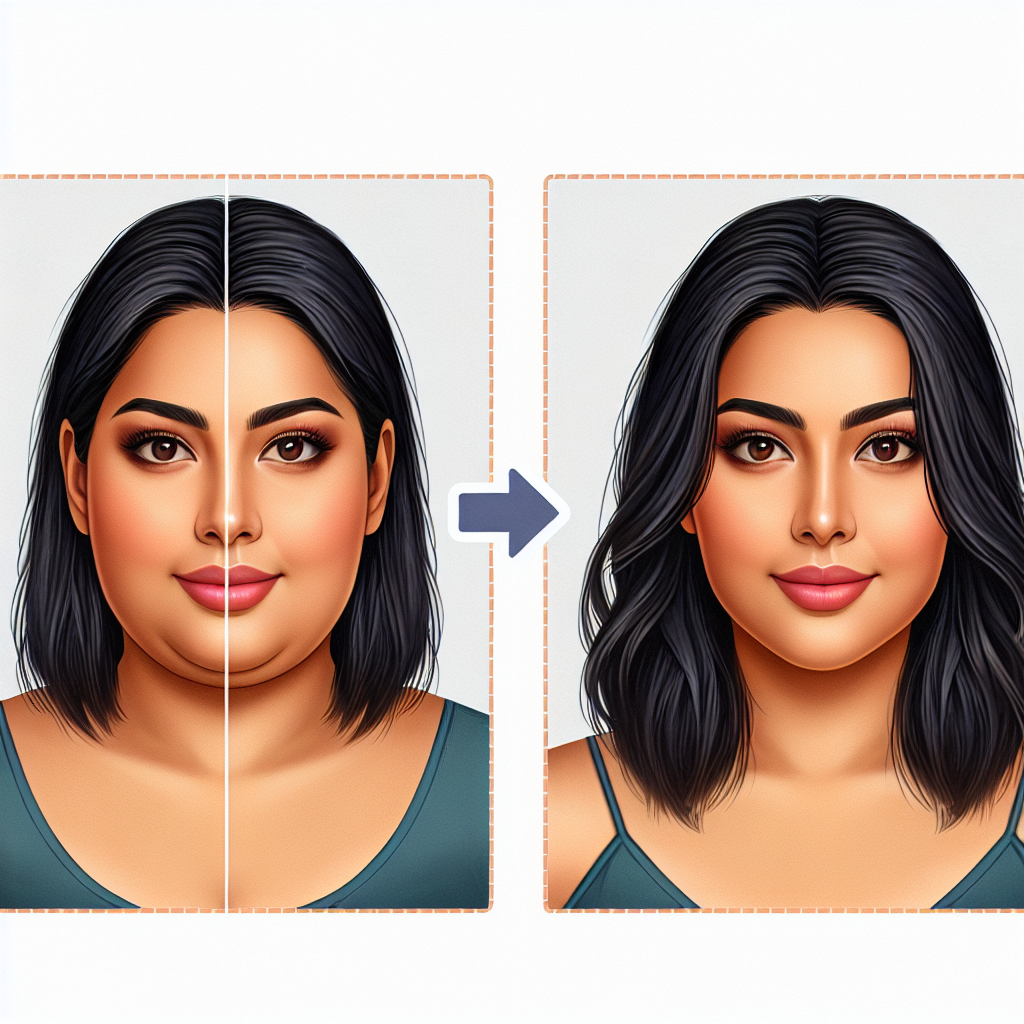Understanding When You Start Seeing Weight Loss in Your Face
If you’ve ever wondered when you’ll start seeing weight loss in your face, this article will illuminate you. It’s not uncommon for people to lose pounds on the scale but not see any changes where they want. This usually leads to the lingering question, ‘when will I start losing weight in my face?’ Here’s the thing – weight loss is not only a physical transformation but also a journey that needs careful navigation. This article offers insights on the timing of facial weight loss, factors influencing it, and effective tips for fast, safe weight loss.

Understanding Facial Weight Loss
You’ve probably heard the saying, “the face is the mirror of the soul,” well it can also be a tell-tale sign of weight loss. Different people store excess fat in different places – some around the belly, some on the thighs, and some in the face. Understanding facial weight loss can be intriguing but it’s simple when you delve into the science of it.
How fat reduction works in the body
Let’s start with how fat reduction works in your body. Your body stores energy reserves as fat in various parts. When you consume fewer calories than your body needs, your body turns to these fat reserves for energy, thereby reducing the fat stores. This reduction in fat can be noticed physically as weight loss.
Role of genetics in weight loss distribution
We wish we could control where we lose weight from first, but unfortunately, a lot of it comes down to genetics. Your genes determine the layout of your fat cells and where those fat cells decide to swell up or shrink. Therefore, if you’re genetically predisposed to carry extra weight in your face, you might observe weight loss from your face sooner than other parts of your body.
Factors Influencing When You See Weight Loss in Your Face
We all wish we could control where we lose weight first, but it doesn’t work that way. Indeed, several factors influence this.
Individual variation in weight loss
Every individual is unique, and so is their weight loss journey. How and when you notice weight loss in your face depends on several factors, including your current weight, your metabolic rate, and your genetic predisposition.
Influence of diet and exercise regimes
The kind of diet and workout regime you have in place also plays a significant role in weight loss including facial weight loss. A healthy diet combined with regular exercise can speed up your weight loss progress and can begin to show results in your face.
Role of age and skin elasticity
The tautness of your skin, which depends on factors such as age and elasticity, also plays a role in determining when you will start to see facial weight loss. Younger skin tends to be more elastic and might show changes quicker.

Timing of Facial Weight Loss
Understanding when you might see weight loss in your face can be a bit of a guessing game, but there are some general patterns.
Larger weight loss before facial changes
Typically, it takes a larger amount of weight loss for changes to become visible in the face. This is because the face holds less fat compared to other parts of your body.
Potential timelines for facial weight loss
While it’s hard to pinpoint a specific timeline, people commonly report starting to notice facial weight loss after dropping around 10 to 15 pounds. However, this varies from person to person.
How Diet Impacts Weight Loss
The food you eat is a prime player in your weight loss journey. Eating right is half the battle won.
Importance of a balanced diet
A balanced diet is key to weight loss any day. It ensures you get all the necessary nutrients your body needs to function well while helping you maintain a calorie deficit which is essential for weight loss.
Role of caloric intake
As you create a calorie deficit in your diet, your body will start burning stored fat to compensate for the lack of calories. Reducing your caloric intake will mean your body has more of a reason to turn to these fat reserves for energy, essentially increasing the rate of weight loss.
Effect of specific foods on face fat
Certain foods can contribute to face fat. Foods with high sodium content can cause your body to hold onto water, leading to a puffy face. So, reducing your salt intake might help with facial weight loss.

Weight Loss and Exercise
Exercise isn’t just good for your heart, it’s also key to effective weight loss.
Types of exercise that affect facial fat
While you can’t target just your face for weight loss, cardiovascular exercise like running or cycling can help promote weight loss across your entire body, including your face. Strengthening your facial muscles through exercises can also give your face a more toned appearance.
Frequency and intensity of exercises for facial weight loss
High-intensity workouts or strength training exercises increase your metabolic rate, thus aiding faster weight loss. Regular exercising, even just 30 minutes per day, can promote fat loss, including facial fat.
The Role of Water Consumption
Water might not have any magical fat-burn power, but it is instrumental in maintaining overall health and aiding weight loss – face included.
Importance of hydration for weight loss
Adequate hydration aids digestion, keeps you feeling full, and even boosts your metabolism—all of which help in losing weight.
Influence of water in reducing face puffiness
Sometimes, the puffiness in your face is due to water retention. Drinking plenty of water keeps your body’s fluid balance in check and reduces water retention.
Impacts of hydration on skin health
Proper hydration maintains the health of your skin—keeping it supple and tight—which can give the impression of facial weight loss, as it prevents sagging of the skin.

Effects of Alcohol and Smoking on Facial Weight Loss
Lifestyle habits like drinking alcohol and smoking can also impact your weight loss journey—and not in a good way.
Impact of alcohol on weight loss
Alcohol is just empty calories that provide no nutritional value. Plus, it can lead to water retention, which could make your face appear bloated.
Negative effects of smoking relating to facial fat
Smoking can damage your skin’s elasticity, leading to sagging skin and a puffy-looking face, which could mask any facial weight loss.
How quitting can change facial fat distribution
Quitting these habits can improve skin health, reduce puffiness, and thereby facilitate facial weight loss.
Importance of Consistent Sleep
Sleep might seem somewhat unrelated, but it plays a vital role in your weight loss journey.
Impact of sleep on weight loss
A sound sleep is important for maintaining a healthy weight. Poor sleep can disrupt your metabolism, making weight loss more difficult.
Risks of irregular sleep patterns
Irregular sleep patterns can also lead to hormonal imbalances that could lead to weight gain and hinder weight loss.
How sleep can affect facial puffiness
A lack of sleep can cause your body to retain more water, which can lead to a puffy face. Getting enough sleep can reduce this water retention.

Stress and Weight Loss
Stress isn’t just bad for your mental health; it also impacts your body’s ability to lose weight.
Direct links between stress and weight gain
When you’re stressed, your body releases the hormone cortisol, which can lead to weight gain in some people, as it can trigger cravings for unhealthy foods.
Strategies for stress management to assist weight loss
Managing stress through methods like meditation, yoga or relaxation techniques can keep your cortisol levels in check and make your weight loss journey smoother.
Influence of cortisol on weight distribution
High cortisol levels can also redistribute fat to the face, leading to a fuller appearance. So keeping stress levels under control can aid with facial weight loss.
Medical Conditions that Influence Facial Fat
Sometimes, medical conditions can also play a role in influencing facial fat and your ability to lose it.
Thyroid issues and facial weight gain
Thyroid disorders can disrupt your body’s metabolism, which can lead to weight gain, including fat accumulation in the face.
Influence of polycystic ovary syndrome on weight gain
Polycystic Ovary Syndrome (PCOS) can cause hormonal imbalances that lead to unexpected weight gain, possibly including facial weight gain.
The effect of certain medications on weight distribution
Certain medications, like corticosteroids, can cause weight gain or fat redistribution in the body, possibly contributing to facial fat. Always discuss such side effects with your doctor.
Remember, reaching your weight loss goals, including facial weight loss, is a personal journey that can vary for everyone. Be patient, trust the process, and always consult a professional for tailored advice.


Pingback: Unraveling The Mystery: What Accounts For The Majority Of Weight Loss In The First Week Of Fasting Or Crash Dieting?